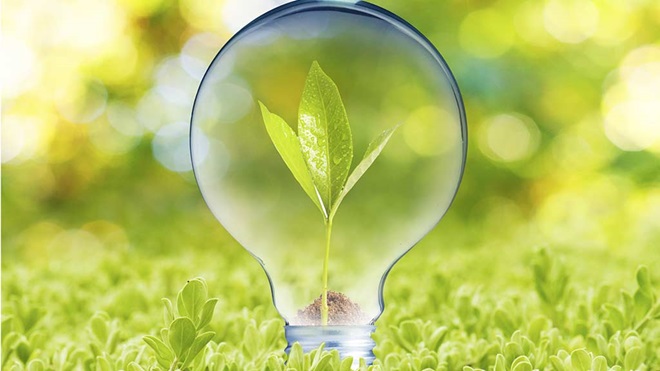While the cost of energy and fuel is a constant concern for many people, nobody anticipated the dramatic increases since the start of the war in Ukraine. The horror of that conflict has highlighted a number of weaknesses in our system that need to be addressed if we're to protect Australians from an increasingly unstable global environment.
Many people have found themselves exposed to rising gas prices due to their reliance on gas for cooking, heating or hot water. In some cases, they installed gas appliances under government programs that, until recently, encouraged people to shift to gas. Governments now need to help people to replace inefficient gas appliances with more efficient electric alternatives. Besides the environmental and economic benefits, there's also a health benefit, given growing evidence about the impact of gas appliances within the home on asthma and general respiratory health.
Tenants are particularly exposed to rising energy costs, given they usually can't take action such as installing solar panels. It's even difficult for landlords in many strata properties to install solar. As renting becomes the only long-term housing option fora growing number of people, we have to make sure that future programs are designed with this in mind. We also must stop apartment developers locking whole buildings into expensive, long-term energy supply agreements, depriving residents of the opportunity to shop around.
Governments now need to help people to replace inefficient gas appliances with more efficient electric alternatives
Thankfully, action is already underway in some areas. The federal government has recognised that people on low incomes need help to pay their bills and is providing targeted subsidies. While this isn't a long-term solution, it is a clever way to provide immediate help to people who need it without putting pressure on inflation.
The government has also recognised the impact of fuel costs, starting work on a strategy to give us access to efficient and more affordable electric vehicles (EVs), with some measures already introduced in the last budget.If the government gets this right, it won't only improve access to new EVs, it will support the development of a second-hand EV market.
Finally, the government is working on a national energy performance strategy, examining a range of measures to give more people the opportunity to enjoy the benefits of living in an energy-efficient home.
Some of this would have happened anyway, as part of the push to reduce Australia's carbon emissions more rapidly, but the events of the last year have reinforced that good environmental policy is usually good economic policy. If we get these changes right, they won't just help to address the impacts of climate change, they will also protect us from future price shocks in energy markets.
Stock images: Getty, unless otherwise stated.



